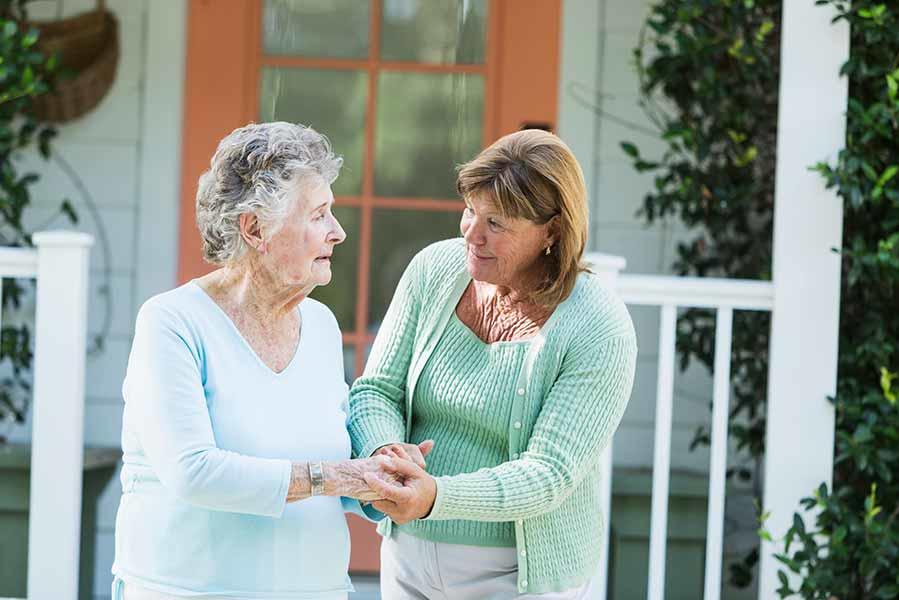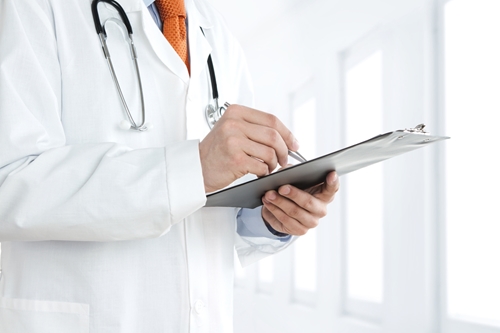Acupuncture is a traditional Chinese medical treatment that has been practiced for thousands of years. Today, it is gaining acceptance as an effective tool for managing cancer, one used in major medical centers everywhere. There are several cancer-related problems which sound clinical research has shown can be helped by acupuncture.
What Is Acupuncture?
Acupuncture is based on traditional Chinese medicine views on health, which see a balance of yin and yang energies in the body as the foundation of health. This view is rooted in the philosophy of Taoism, which sees everything as interconnected and in a state of profound balance. Taoist medical theories saw all of the body’s organs and systems as supporting each other and performing a complicated balancing act, powered by complementary yin and yang energies. According to this traditional approach, disease is caused by some imbalance in the body disrupting the flow of yin and yang energies.
These energies, which together are known as “chi” or “qi,” are supposed to flow throughout the body along certain paths that are called meridians. By manipulating certain critical points along these meridians, the flow of chi can be redirected and rebalanced. Once the body is again in a state of balance, wellness is the result.
Western medicine has its own view on how acupuncture works, of course, and there are theories that say it works by directly stimulating nerve cells or by altering the levels of neurotransmitters. However, there is no consensus on how it works, just that it works.
The Role of Acupuncture in Cancer Management
Acupuncture has a number of different roles in the treatment of cancer. One of the most important of these is giving relief from the powerfully unpleasant effects of both the cancer itself and the conventional Western medical treatments used to fight it, which include radiation, chemotherapy, and surgery.
Just as important, however, is the calming, relaxing, centering effect that acupuncture has on many patients. Dealing with cancer is incredibly stressful. The mental and emotional benefits of acupuncture can make this stress a lot easier to deal with. For many cancer patients, acupuncture is the only source relief they can get from this stress.
Then there is acupuncture’s ability to enhance the functioning of the immune system. It stimulates the body’s natural healing abilities, making it more capable of fighting the cancer itself. This stimulation of the body’s natural healing systems is certainly in keeping with the theories of traditional Chinese medicine that say the purpose of acupuncture is to bring the body back into a state of balance, and that doing this brings about wellness.
The use of acupuncture to manage cancer is complementary to the use of traditional Western medical practices. Traditional Chinese medicine believes, like Western medicine does, that there are many external factors that cause diseases like cancer, including diet, exposure to various toxins, stress, and lifestyle choices. Western medicine addresses these factors directly to stop the harmful effects they have on the body. Acupuncture addresses the need of the body to be balanced, and so helps ameliorate the harmful effects of those factors without specifically treating the factors themselves.
There are several problematic elements of cancer and cancer treatments that acupuncture has been shown to help:
- Chemotherapy-Induced Nausea and Vomiting. Many cancer patients find that the treatment is even more unpleasant than the effects of the disease itself. Chemotherapy is one of the most effective cancer treatments available, but the intense nausea and vomiting it causes are too much for some people to bear. Acupuncture can relieve the feeling of the nausea and the frequency and severity of the vomiting associated with chemotherapy.
- Acupuncture has a well documented effect on pain of all sorts. It can reduce the pain that the cancer itself causes as well as the pain resulting from cancer surgery. It is not a replacement for pain medication, but it can reduce the amount of medications that need to be taken. This also helps to minimize the side effects of the pain medications.
- Both cancer and common cancer treatments cause fatigue, and this can be one of the major contributors to loss of quality of life among cancer patients. Acupuncture can have a significant effect on cancer-related fatigue.
- Depression, Anxiety, and Stress. Acupuncture has been shown to have a relaxing, calming, centering effect on the mind. This can ameliorate the stress of dealing with cancer. It can also reduce the severity of both depression and anxiety, which are common major problems in many cancer patients.
- Stress, depression, and anxiety can cause insomnia. Acupuncture can help cancer patients improve their quality of sleep.
- Chemotherapy-Induced Peripheral Neuropathy. Besides nausea, one of the other problematic side effects of chemotherapy is peripheral neuropathy. There is evidence suggesting that acupuncture can lessen the need for pain medications to manage this neuropathy.
What Does Managing Cancer with Acupuncture Involve?
The traditional way to do acupuncture, the one that everybody thinks of when they think of acupuncture, involves needles. Tiny stainless steel needles that are only a little thicker than a hair are pushed a short way into the skin at critical points in the meridians that the chi flows through. These are known as acupoints. The acupuncture practitioner uses different acupoints for each problem, corresponding to a different way of redirecting the chi. These needles are then gently manipulated by twirling them around, moving them up and down, and by other means. This stimulation at these acupoints redirects the chi so that yin and yang again come into balance.
Other methods are also used besides the traditional manually manipulated needles. Electroacupuncture uses a weak electric current run through the needles instead of manual manipulation. Sometimes the needles are heated a little instead. Accupressure is sometimes used, which involves massaging the acupoints instead of using the needles. Auricular acupuncture only uses needles in the ear.
Although it does involve the use of needles, acupuncture doesn’t really hurt. They are very thin, and inserted only a tiny distance into the skin. Indeed, some acupuncture patients report a pleasant physical sensation. To properly manage the effects of cancer and of the common cancer treatments, many acupuncture practitioners recommend weekly acupuncture appointments for cancer patients.


